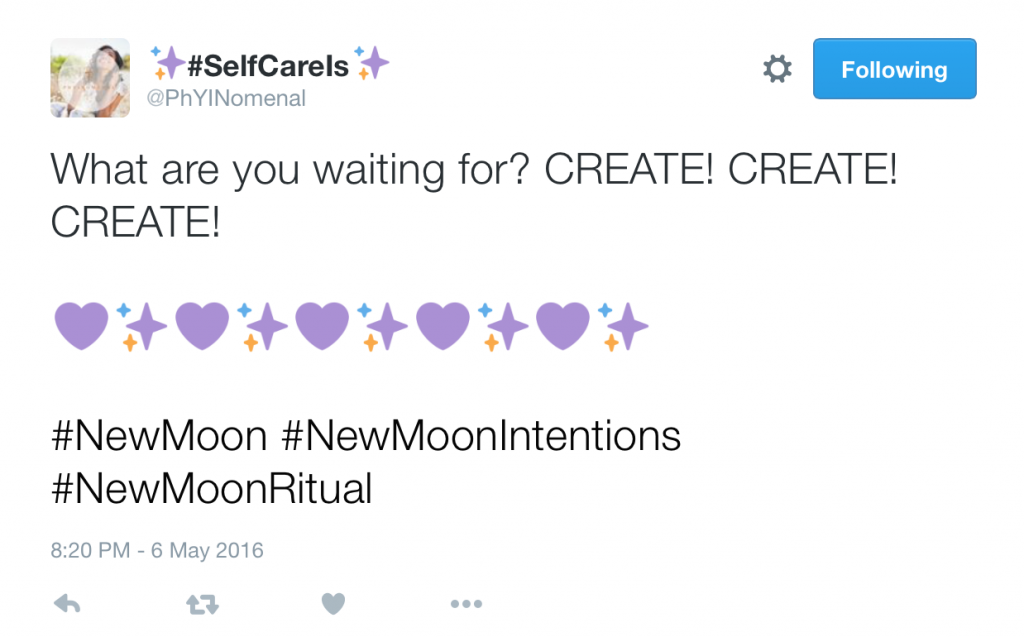
Think of a moment when you were full of energy. You were clear, focused and productive for a time – a day, a week, maybe longer. What had you done in the hours or days leading up to that moment?
It’s likely that your clear, focused burst of productivity was after a period of rest. Or it may have come while you were working on something associated with your higher purpose. You may have engaged in something that stretched you and then turned to an easier project.
If any of these ring true, it’s not on accident. You reaped the benefits of managing your energy.
According to Loehr and Schwartz, performance, health and happiness are grounded in the skillful management of energy. They elucidate four principles for energy management:
- PRINCIPLE 1:Full engagement requires drawing on four separate but related sources of energy: physical, emotional, mental and spiritual.
- PRINCIPLE 2: Because energy capacity diminishes with both overuse and under-use, we must balance energy expenditure with intermittent energy renewal.
- PRINCIPLE 3: To build capacity, we must push beyond our normal limits, training in the same systematic way elite athletes do.
- PRINCIPLE 4: Positive energy rituals — highly specific routines for managing energy — are the key to full engagement and sustained high performance.
One can understand that elite athletes must have a reservoir of energy, must be able to call on that energy in times of need, and must be disciplined to replenish that reservoir so it’s available when the time comes. Loehr and Schwartz lend this framing to a concept they call the “corporate athlete,” – busy executives who must also perform well, consistently and under pressure. Beyond the time and the know-how, energy is the key.
Being able to recruit energy when needed is essential to attaining the ideal performance state (IPS). This is where the management of energy comes in. Managing your energy means intentionally moving between states of stress and recovery.

As a runner, I balance long or intense runs with days of rest. True story – as I write this, my legs are burning from today’s hill workout. If I try to repeat hills again tomorrow and the next day, I risk declining performance and injury from overtraining.
I need to allow my muscles time to recover via rest and/or cross training. Moreover, I need to provide my muscles the right nutrition, including water, to aid their recovery. If I do this, I’ll be in great shape when it’s time to tackle those hills again, and I’ll have better results on my easier, flatter runs.
The same is true at work. There are always proverbial hills to run, often without the attendant moments of purposeful recovery. In fact, many of us work until we quite literally can’t work any more, akin to an athlete passing out or suffering a serious injury due to overtraining.
Loehr and Schwartz recommend rituals that promote “oscillation,” which is the purposeful dance, or ebb and flow of stress and recovery.
The four sources of energy (Principle 1) are physical, emotional, mental and spiritual. In the last article of this series, we’ll explore each of these in more detail. Until then, what are some rituals you’ve tried to help you intentionally flow between exertion and rest?




